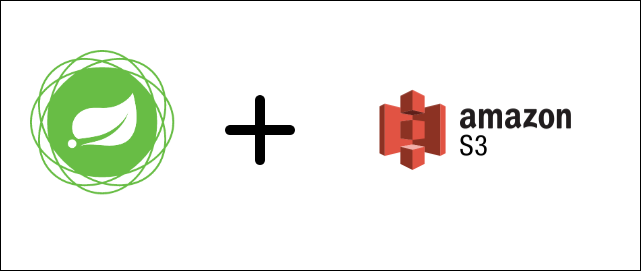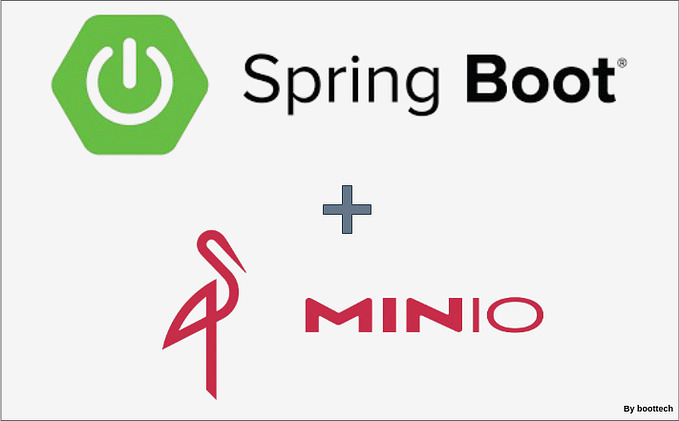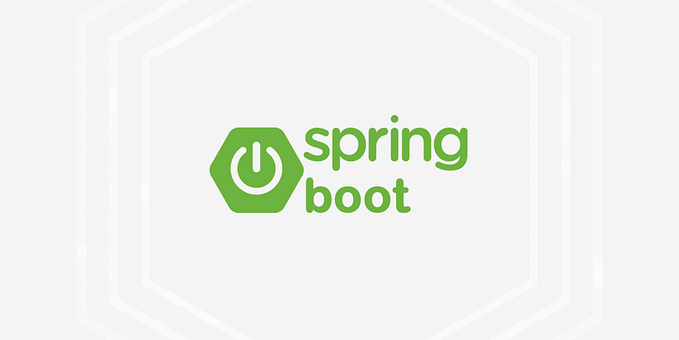Member-only story
AWS S3 with Spring WebFlux
In this story, we are going to explore how to use AWS S3 with Asynchronous programming using Spring WebFlux Rest API.

· Prerequisites
· Overview
∘ What is Amazon S3?
∘ Setting Up S3 bucket
· Spring Webflux Application
∘ Configuring S3 clients
∘ Upload Object
∘ Download the file from AWS S3
∘ AWSS3Controller
· Test the REST APIs
· Conclusion
· References
The AWS SDK for Java 1.x has asynchronous clients that are wrappers around a thread pool and blocking synchronous clients that don’t provide the full benefit of nonblocking I/O. The AWS SDK for Java 2.x provides features for non-blocking asynchronous clients that implement high concurrency across a few threads.
In this story, we are going to explore how to use AWS S3 with Asynchronous programming using Spring WebFlux as a Backend application.
Prerequisites
This is the list of all the prerequisites for following this story:
- Spring Boot 3
- Maven 3.8.+
- Java 17
- An active AWS account with access to the S3 service.
- Postman / insomnia or any other API testing tool.
- Optionally, LocalStack to run S3 locally
- Optionally, Docker and Docker compose
Overview
What is Amazon S3?
Amazon S3 is a simple storage service that helps developers and IT teams to store, backup, archive, and retrieve data from anywhere on the web. It allows administrators to store data in categories, add tags to objects, configure access controls for multiple clients, perform high-volume data analysis, get insights into the storage usage, and measure trends based on activities.
Setting Up S3 bucket
For this story, we chose to run the LocalStack Docker image locally to support local versions of additional AWS services.
For a configuration with the…









